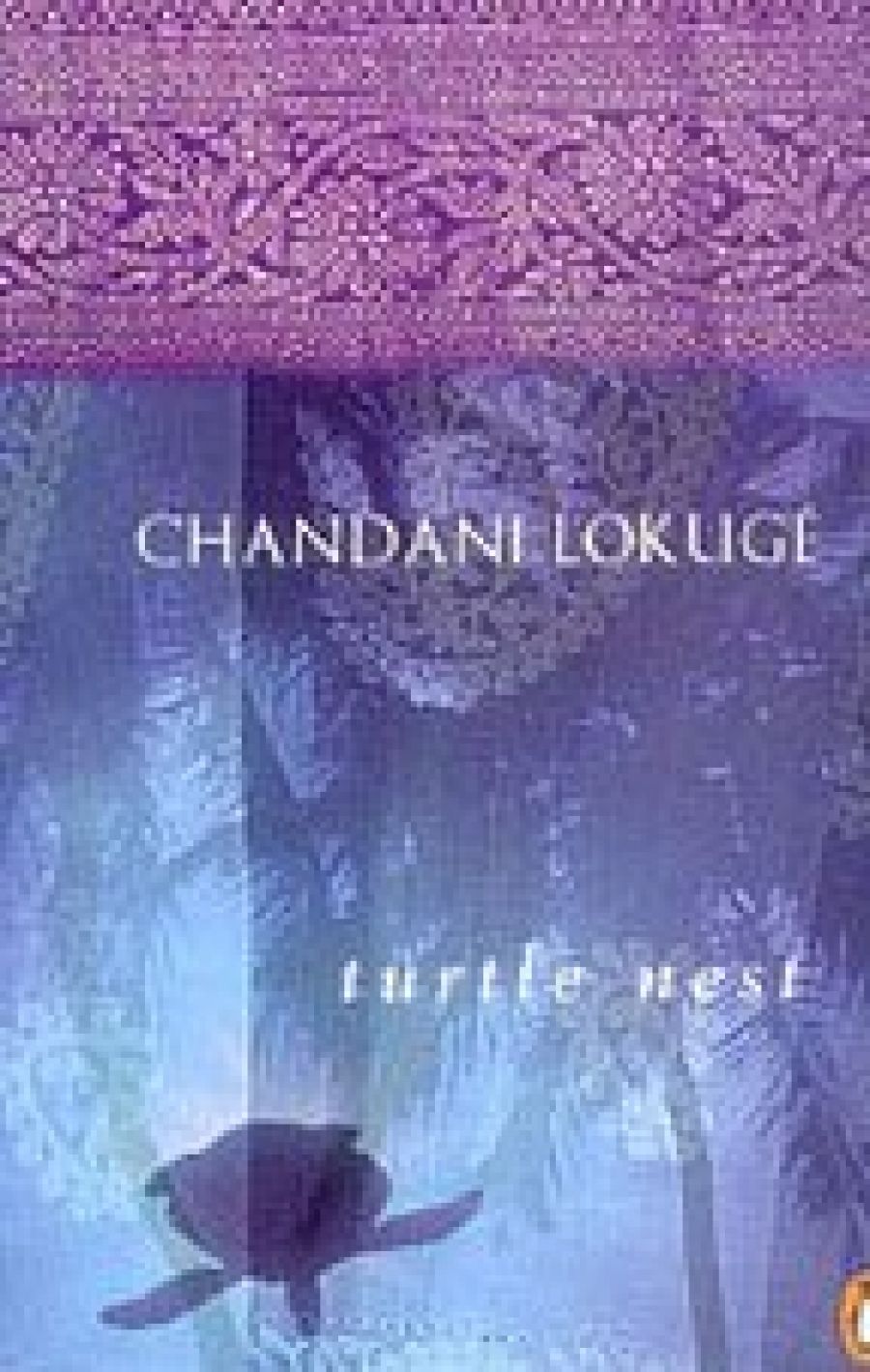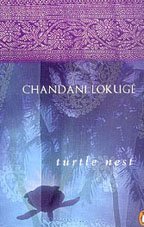
- Free Article: No
- Contents Category: Fiction
- Review Article: Yes
- Online Only: No
- Custom Highlight Text:
Chandani Lokugé’s second novel touches on a theme common to such varied texts as Michel Houellebecq’s Platform (2002) and Alex Garland’s The Beach (1997): the Western fascination with, and exploitation of, the communities of beautiful Asian beaches.
Turtle Nest takes the postcard-perfect idyll of a Sri Lankan beach as the setting for a far from idyllic tale about exploitation and family tragedy. Aruni journeys to this beach from Australia in order to find out more about the history of her mother, Mala, but her pilgrimage does not give her peace.
- Book 1 Title: Turtle Nest
- Book 1 Biblio: Penguin, $22.95 pb, 241 pp
- Book 1 Cover Small (400 x 600):

- Book 1 Cover (800 x 1200):

The novel details Mala’s story: her childhood in the poverty-stricken beachside family; her close relationship to her brother, Priya; her father’s drunken violence. Mala’s developing sexuality is the main focus of the early part of the book. Mala becomes known as promiscuous; gossip spreads that she sleeps with both the local boys and the tourists at the beachside hotel. Then the gossip turns into disgrace: Mala becomes pregnant to one of the tourists, her father casts her out, and she eventually gives birth to a child who is known only as ‘the half-caste’ because ‘he did not have a right to a name.’ Mala goes to work for a wealthy family and develops a friendship with the mistress, Neela, who is still grieving for her only child, killed in a road accident. Despite this connection and the material comfort of the house, Mala’s new abode offers her no protection from further sadness.
Aruni knows that she was born near the beach and was adopted by a couple who eventually moved to Australia. She becomes acquainted with Simon, a beach loner who was friendly with Mala, and she also meets Priya, who is withdrawn and uninformative. She spends time with the new generation of local beach boys and also befriends Paul, an Australian visiting the hotel. A French tourist insists on presenting her with a flower every day, but Aruni seems unaffected by the currents of desire circling around her.
Although the opening section is rather slow, the story gains momentum with the account of Mala’s history, and especially the section detailing her stay in Neela’s home. Here, the full complexity of Aruni’s family history is revealed. The novel’s final section focuses on Aruni’s attempt to make sense of this history. She does not belong to her adoptive mother, to the Western tourists, or to the local community.
Lokugé’s style may not be to everyone’s taste – its simplicity can seem a little sentimental – but she manages to create an atmosphere of menacing calm with her sensuous descriptions of beach life. The landscape may be beautiful and tranquil, but poverty and boredom lead to violent acts.
The inequities of wealth that are highlighted by the global tourist industry are apparent in the story, but it is clear that the exploitation between tourists and locals is mutual. When he realises that local boys are tormenting a turtle in order to make money from the visitors, Paul knows that he is seen as ‘just the tourist with money to spend.’ However, the real evil is formed by patterns of ongoing degradation within communities. As he observes Aruni’s unease Simon thinks: ‘There must be a curse buried deep in that family.’
The treatment of sexuality is problematic. For women it is an overwhelming and destructive drive. Most of the men, too, exhibit a seemingly involuntary predatoriness, variously resisted or indulged. In fact, the idea of sexuality presented in this novel is its least attractive feature. There is a fascination with illicit desire. The exploitative tourist who fathered Mala’s first baby is mirrored in Paul, who, despite his attachment to a wife and daughter in Australia, finds himself lusting after Aruni. Mala’s self-destructive promiscuity is not helped by her father’s drunken advances.
The pessimistic fatalism of the ending provides no relief; Aruni cannot avoid what is made to seem her inevitable end. Her mother before her had said, ‘We are small fish caught in big nets’; this story offers no escape from the oppressive forces of poverty and exploitation that overcame her family. Lokugé destroys the stereotype of the beachside idyll, only to replace it with a helpless slide towards destruction.


Comments powered by CComment